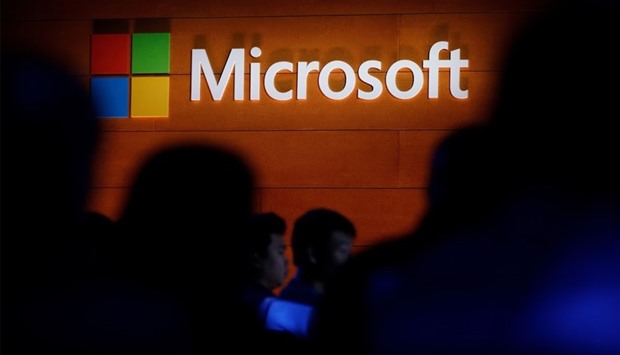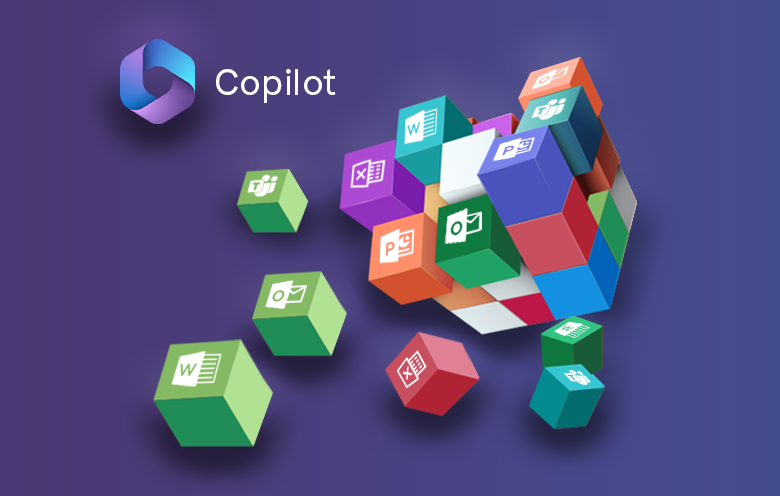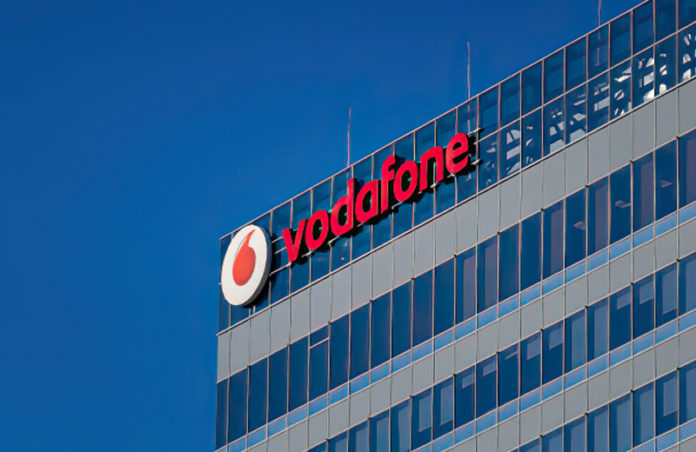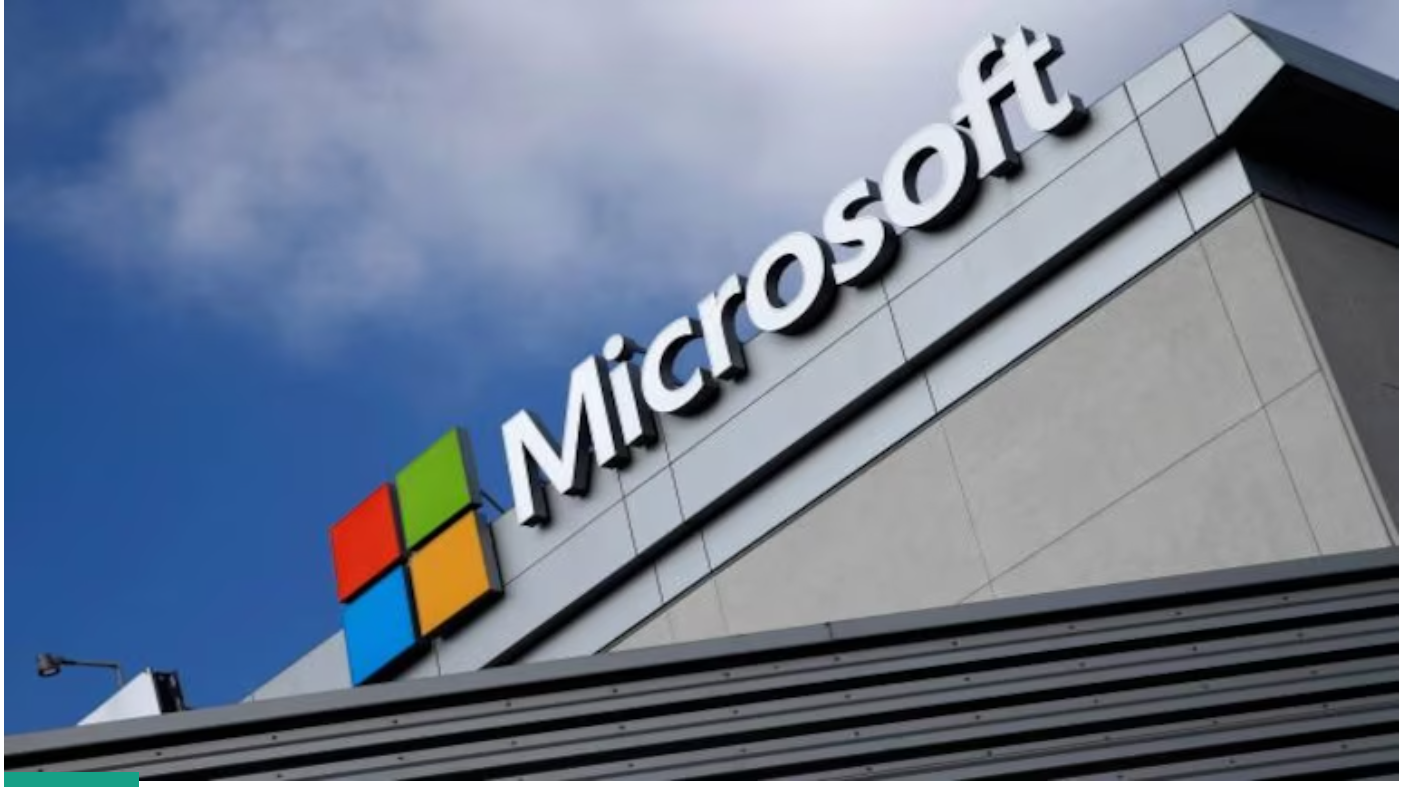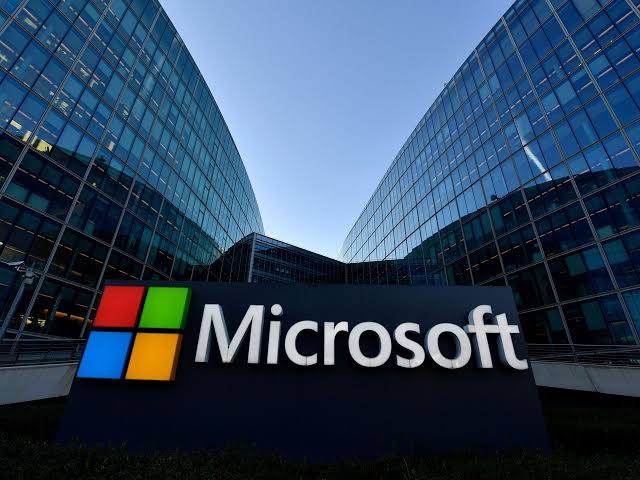In a move that promises to redefine the landscape of artificial intelligence (AI) in business, Howso has joined forces with tech giant Microsoft. This collaboration is set to bring Howso’s pioneering explainable AI engine to Microsoft’s extensive global customer base, offering a new level of transparency and trust in AI technologies.
Microsoft’s Pegasus Program, an exclusive initiative designed to propel startups with unique technological solutions, has welcomed Howso into its fold. This partnership will enable Howso to leverage Microsoft’s vast market reach, accelerating the adoption of its AI engine across various industries.
The integration of AI into business operations has been fraught with challenges, particularly concerning the auditability and performance of AI models. Howso’s innovative approach to explainability allows users to trace the decision-making process of AI back to the source data, ensuring accountability and mitigating issues like bias and errors.
Read also: Microsoft releases sign language functionality
A Commitment to Applied AI
Howso’s collaboration with Microsoft is not just a business move; it’s a commitment to advancing applied, data-driven AI. Gaurav Rao, CEO of Howso, emphasizes the potential of the Howso Engine to streamline the deployment of AI models, enhance their longevity in production, and ultimately improve the return on investment for businesses.
The partnership extends beyond sales and marketing efforts, with Howso Engine set to be featured on the Microsoft Azure Marketplace. This integration will simplify the process for Microsoft customers to evaluate and acquire Howso’s technology, reducing the time from initial interest to value realization.
Marina Carreker, President of Howso, highlights the collaboration as a cornerstone of the company’s go-to-market strategy. The synergy between Howso’s cutting-edge technology and Microsoft’s market influence is expected to significantly expedite Howso’s mission to democratize trustworthy AI.
Fostering a Startup Ecosystem
Tom Davis, Partner at Microsoft for Startups, sheds light on the Pegasus Program’s role in creating a nurturing environment for startups. By investing in and amplifying the solutions of these startups, Microsoft aims to share innovative technologies like the Howso Engine with a worldwide audience.
The Howso Engine has already made its mark, being utilized by global financial institutions, healthcare systems, research entities, and governmental bodies. This widespread adoption underscores the engine’s versatility and effectiveness in various sectors.
The strategic alliance between Howso and Microsoft through the Pegasus Program is more than a business collaboration; it’s a partnership that will shape the future of AI in enterprises globally. By bringing trustworthy, explainable AI to the forefront, they are setting a new standard for innovation and integrity in the digital age.
What are some other startups in the Pegasus Program?
An invite-only programme called Microsoft for Startups Pegasus promotes companies that have innovative answers to pressing market requirements. The programme is known for choosing enterprise-ready businesses with cutting-edge technologies and the potential to have a big market effect, even though the precise list of participating startups is not made public.
Commerce.AI is one example of a startup in the Pegasus Programme; it was reported that the program’s support helped it clinch a deal through Azure Marketplace.
